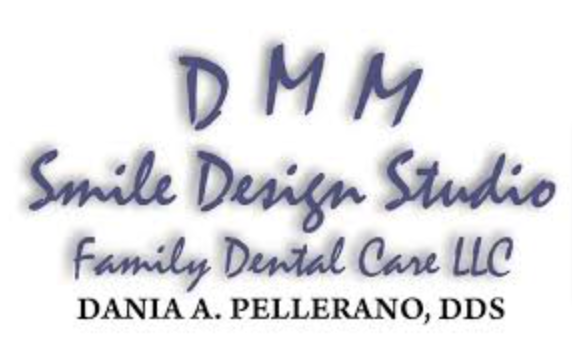Bruxism, also known as teeth grinding or jaw clenching, is an oral parafunctional activity that occurs when you’re awake. It usually occurs unconsciously while a person is sleeping. It is most common in people who are between the ages of 20-40 years old. People who suffer from anxiety, stress, or sleep disorders are more likely to suffer from bruxism. Other common symptoms include sensitive teeth, tooth fractures, excessive wear on your teeth, headaches, earaches, and neck pain. This is usually a chronic problem that lasts for many years. The severity of the disorder varies from person to person. Some people don’t even realize they do this until they wake up with a sore jaw!
There are several different types of night guards that dentists can prescribe to a patient with bruxism. These are custom-made devices that fit over your top or bottom teeth and are intended to prevent further damage to your teeth and jaws. It is important to talk to your dentist if you suspect that you are suffering from this condition. They can determine what type of device will best suit your needs and help you obtain a healthy smile.
Bruxism Causes
While people may grind or clench their teeth occasionally, bruxism is a more serious condition that can cause headaches, jaw pain, and even damaged teeth. This occurs when a person’s tooth grinding is frequent enough to wear down the tooth enamel or cause severe damage to the muscles and joints in the face and neck. Those who suffer from bruxism may also experience insomnia or anxiety because their sleep is often disrupted by their nocturnal habits.
Tooth grinding can be the result of a number of different factors, including stress, a misaligned bite, an abnormal bite, missing teeth, problems with a TMJ disorder, crooked teeth, or even certain medications. The good news is that a dentist can help manage bruxism and prevent further damage to your teeth with the use of a night guard. This device is designed to keep your upper and lower teeth from touching while you sleep. This prevents them from wearing down and breaking. It can also prevent your jaw muscles from becoming excessively sore and reduce any tension in your head and neck. Your dentist may recommend wearing a night guard every night or only at night, depending on how severe your condition is.
To find out more about the dental services offered at our dental practice, call (505) 292-8515 or schedule an online consultation. You can also visit us at 8400 Osuna Rd NE, Suite 5B, Albuquerque 87111.

